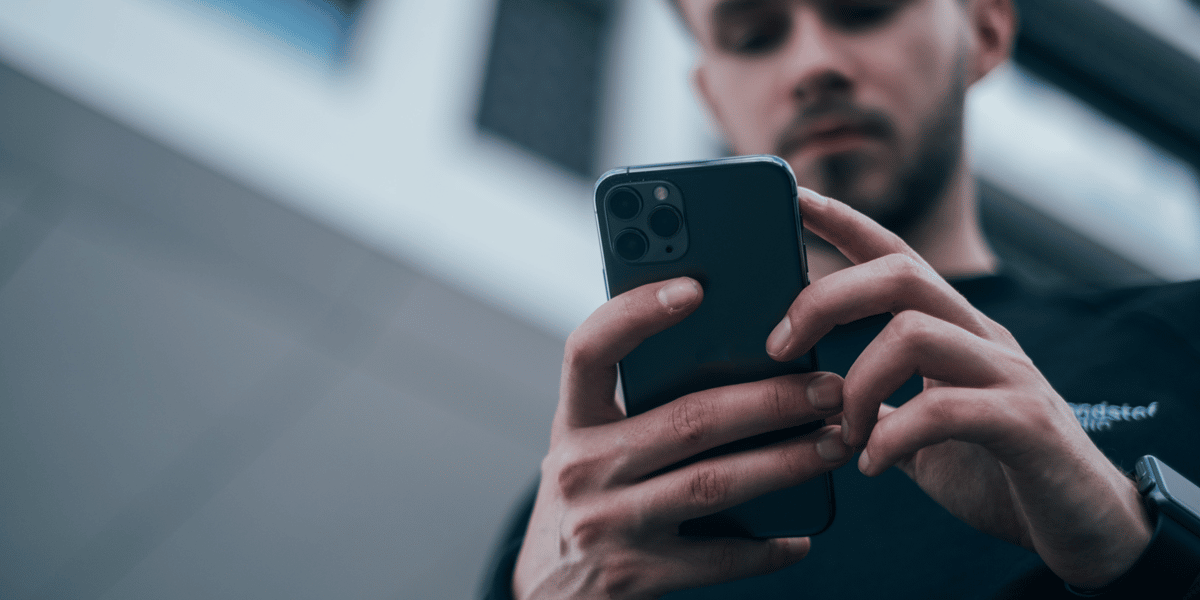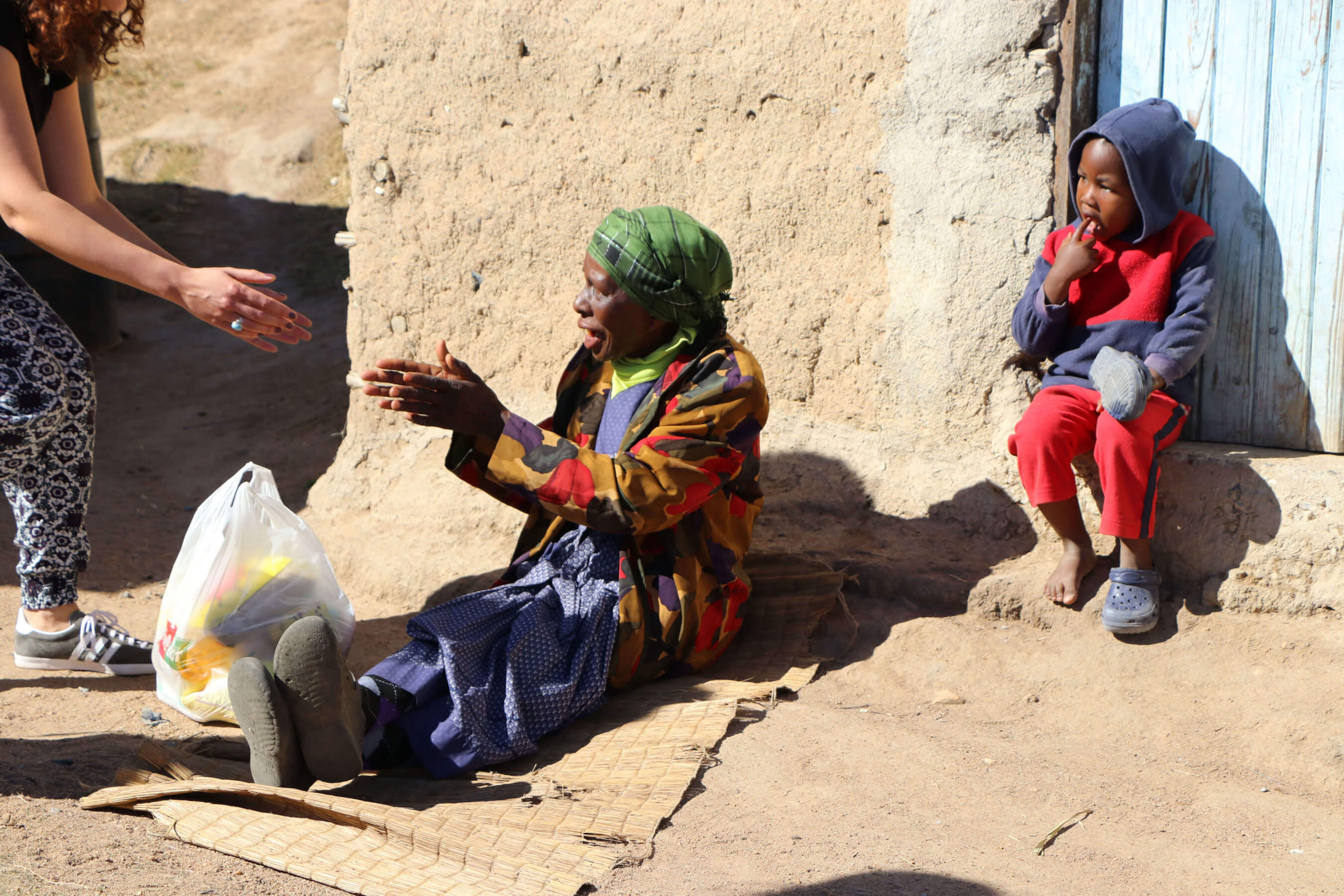
Big tech knows too much about us. Here’s why Australia is in the perfect position to change that
Opinion + AnalysisBusiness + LeadershipScience + Technology
BY The Ethics Alliance Emma Elsworthy 30 SEP 2022
Consumer Rights Data will bring an era of “commercial morality”, experts say.
Who are you? The question springs to mind a list of identity pillars – gender, job title, city, political leaning or perhaps a zany descriptor like “caffeine enthusiast!”. But who does big tech think you are?
Most of the time, we live in digital ignorance of the depth of data being scraped from everything from our Google searches to our Apple Pay purchases. Occasionally, however, we become only too aware of our own surveillance – looking at cute dog videos, for instance, and suddenly seeing ads for designer dog leashes in our Facebook feed.
It gets darker. In the wake of the US rolling back abortion law Roe v Wade, American women were discouraged from tracking their periods using an app on their smartphones. Big tech, pundits warn, could know when you’re pregnant – or more chillingly, whether you remained so.
In July, a report from Australian-US cybersecurity firm Internet 2.0 found popular youth-focused social media app TikTok could see user contact lists, access calendars, scan hard drives (including external ones) and geolocate our phones – and therefore us – on an hourly basis.
It’s “overly intrusive” data harvesting, the report found, considering “the application can and will run successfully without any of this data being gathered”.
Android users are far more exposed than Apple users because iOS significantly limits what information an app can gather. Apple has what is known as a “justification system”, meaning if an app developer wants access to something, it has to justify the requirement before Apple will permit it.
Should we be worried about TikTok’s access to our inner lives? With simmering geotensions between Australia and China – perhaps. The app is owned by ByteDance, a Beijing-based internet company, and the report found that “Chinese authorities can actually access device data”.
Professor of Business Information Systems at the University of Sydney Uri Gal writes that “TikTok’s data can also be used to compile detailed user profiles of Australians at scale”.
“Given its large and young Australian user base, it is quite likely that our country’s future prime minister and cabinet members are being surveilled and profiled by China,” he warned.
Australia is in a strong position to take action on the better protection of consumer data. Our world-leading Consumer Data Right (CDR) is being rolled out across Australia’s banking, energy and telecommunication sectors, placing the right to know about us back into our own hands.
Could our consumer rights expand beyond privacy rights to include specific economic rights too? Almost certainly, under CDR.
For instance, energy consumers would no longer have to wade through confusing fine print to work out whether they’re getting the best (and cheapest) electricity deal – with a click of a button they’d have their energy usage data sent to a new potential supplier, and the supplier would come back with a comparison.
That means no endless forms of information required upfront by a new provider, no lengthy phone calls spent cancelling one’s current provider, and crucially, no last-minute left-field discounts from a provider to keep you as a customer.
“Within five years, it should have transformed commerce, promoted competition in many sectors, and simplified daily life,” according to The University of NSW’s Ross P Buckley and Natalia Jevglevskaja.
“Thirty years ago, most Australian businesses thought charging current customers more than new customers was unfair and the law reflected this – such differential pricing was illegal,” the pair continued.
“Today those standards of behaviour seem to have fallen away and this is reflected in more relaxed consumer laws. In many contexts, CDR should reinstitute a commercial morality, a basic fairness, that modern business practices have set aside.”
A rethink of what it means to operate with transparency is what motivates fintech Flare, which aims at transforming the way Australians earn and engage in the workplace with superannuation, banking, and HR services.
Flare’s Head of Strategy Harry Godber was actually one of the original architects of CDR’s launch, which took place during his time in government as a former senior government advisor to Liberal prime ministers Malcolm Turnbull and Scott Morrison.
“[CDR] is designed to get rid of those barriers, get rid of the information asymmetry and allow you to have as much information about your banking products as someone else in the market as your bank has about you,” Godber said.
It’s a great equaliser, he continues, in that data will no longer separate the “haves and the have-nots” in the consumer world – essentially, financial literacy won’t ensure a consumer gets a better deal on products.
“That is a huge step forward when it comes to distributing financial products in an ethical way,” he continued.
“Because essentially it means if all data is equal, if everybody has access to every financial institution’s open product data and knows exactly how they will be treated then acquiring a customer suddenly becomes a matter of having good products, and very little else.”
Ethics in your inbox.
Get the latest inspiration, intelligence, events & more.
By signing up you agree to our privacy policy
You might be interested in…
Opinion + Analysis
Business + Leadership, Relationships
The future does not just happen. It is made. And we are its authors.
Opinion + Analysis
Business + Leadership, Health + Wellbeing
Your donation is only as good as the charity you give it to
Big thinker
Science + Technology
Big Thinker: Matthew Liao
Opinion + Analysis
Business + Leadership




